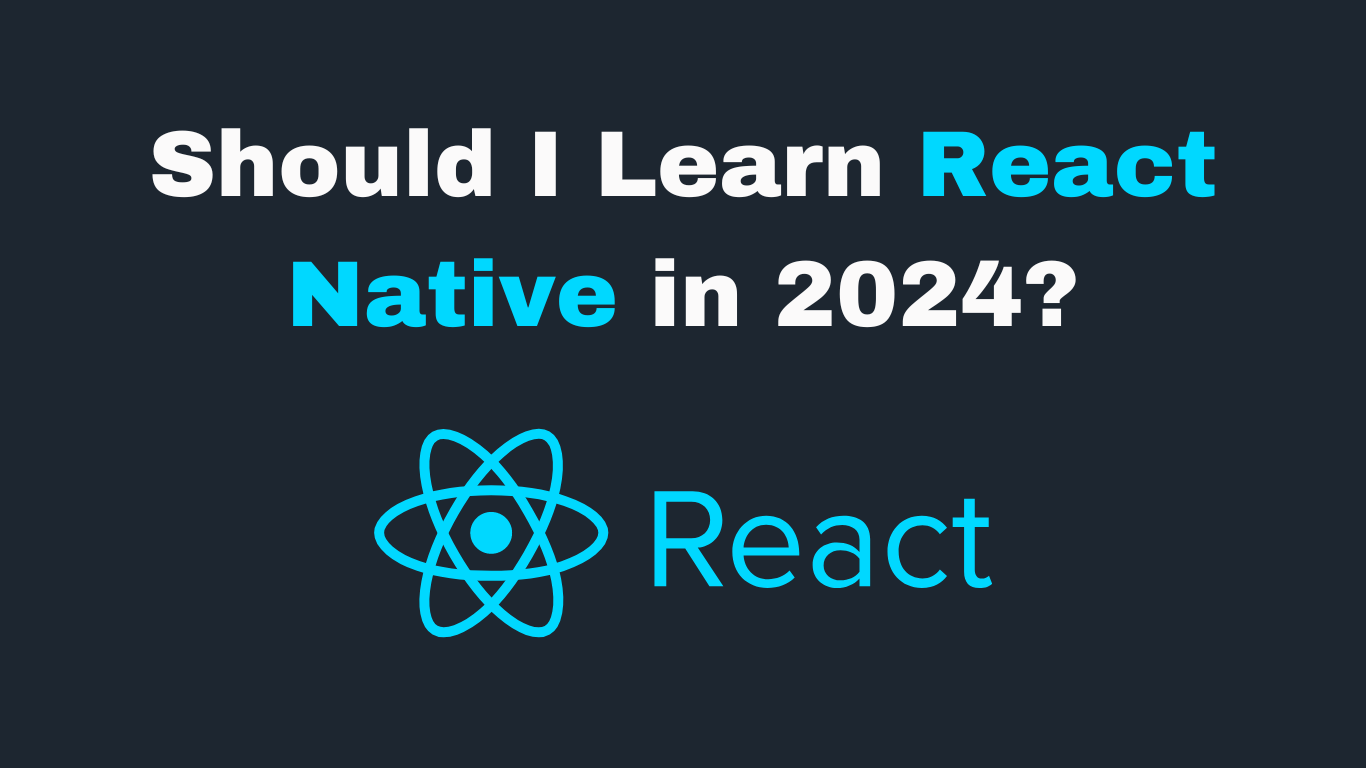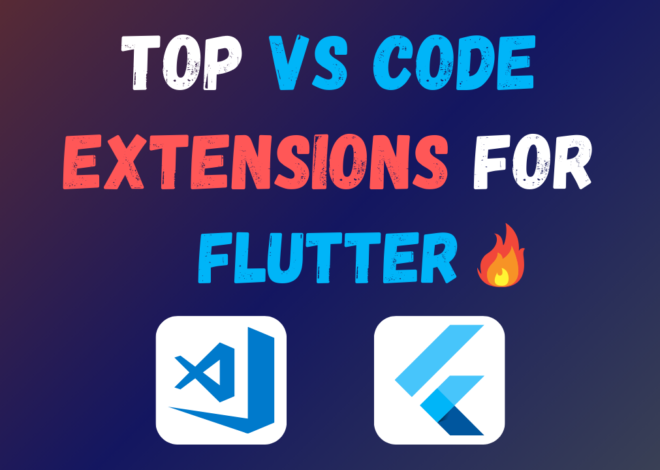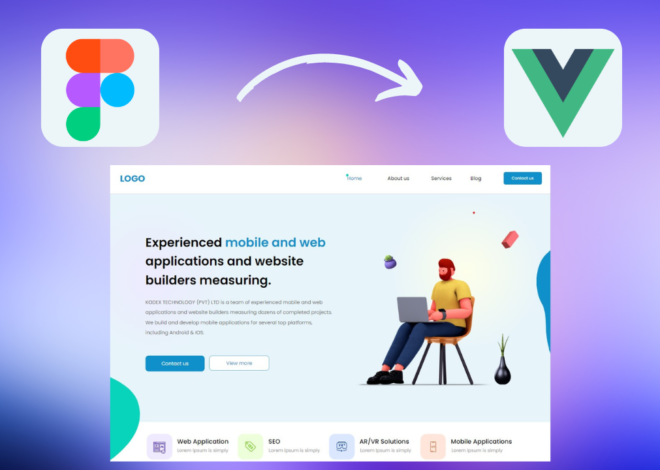
Should I Learn React Native In 2024?
The mobile app market is booming, with billions of users relying on apps and are many technologies such as React Native for everything from communication and entertainment to productivity and shopping. If you’re tertarik (interested) in entering this dynamic field, you’ve likely come across React Native as a potential development framework. But with so many options available, is React Native still a worthwhile investment in 2024?
This article dives deep into the world of React Native, exploring its advantages, potential drawbacks, and how it compares to other frameworks. By the end, you’ll have a clear understanding of whether React Native aligns with your mobile app development goals.
What is React Native?
React Native is a JavaScript framework used to build native-looking mobile apps for iOS and Android. It allows developers to use a single codebase to create apps for both platforms, streamlining the development process and reducing costs.
Here’s a breakdown of how it works:
- JavaScript: React Native leverages JavaScript, a widely-used and versatile programming language, making it easier for web developers to transition into mobile app development.
- Components: Complex apps are built by assembling reusable components, promoting code maintainability and efficiency.
- Native UI: React Native bridges the gap between JavaScript and native platforms, enabling developers to create apps that look and feel like genuine iOS and Android apps.
Why Consider Learning React Native in 2024?
Several factors solidify React Native’s position as a relevant framework in 2024:
- Strong Demand: The demand for React Native developers remains high. Businesses appreciate the cost-effectiveness and speed associated with cross-platform development, making React Native skills valuable in the job market.
- Large Community and Support: React Native boasts a vast and active community of developers. This translates to extensive online resources, tutorials, and forums for troubleshooting and learning. Additionally, Facebook, the original creator of React Native, continues to invest in its development.
- Mature Framework: Since its introduction in 2015, React Native has evolved significantly. It’s now a stable and mature framework with a proven track record for building high-quality mobile apps.
- Constant Innovation: The React Native ecosystem is constantly evolving, with new libraries and tools emerging to enhance developer experience and app functionality.
Leveraging Your Existing JavaScript Skills
If you already possess JavaScript proficiency, learning React Native becomes even more appealing. The core concepts of React, the web version of React Native, will be familiar, allowing you to transition smoothly and focus on mobile-specific aspects. This significantly reduces the learning curve compared to starting with a completely new framework.
Potential Drawbacks to Consider
While React Native offers numerous advantages, it’s essential to acknowledge its limitations:
- Performance: While performance has improved considerably, native apps may still outperform React Native apps in some scenarios. This is because React Native apps rely on a bridge to communicate with native components, potentially introducing a slight overhead.
- Native Feature Integration: Accessing certain device-specific features might require additional native code development, adding complexity to the project.
React Native vs Flutter: The Great Debate
Flutter is another popular cross-platform mobile development framework. Here’s a brief comparison to help you decide:
- Learning Curve: If you already know JavaScript, React Native might be easier to pick up. Flutter, on the other hand, uses its own widget-based UI which may require more time to learn.
- Performance: Generally, Flutter boasts slightly better performance than React Native.
- Community and Support: React Native currently has a larger and more established community than Flutter.
Ultimately, the best framework depends on your specific needs and preferences. Consider your existing skillset, project requirements, and desired level of performance when making your choice.
Is React Native Right for You?
Here are some scenarios where React Native shines:
- You want to build a cross-platform app with a fast turnaround time and a familiar JavaScript codebase.
- You prioritize a large and supportive developer community.
- Your app doesn’t require extensive use of device-specific features.
On the other hand, if:
- Native app performance is paramount.
- You’re building an app that heavily relies on unique device features.
- You’re new to programming entirely, and JavaScript isn’t your forte,
exploring other frameworks like native development with Swift or Kotlin might be a better fit.
Flutter Vs React Native: The Ultimate Comparison In 2024
Conclusion
React Native remains a powerful and relevant framework for mobile app development in 2024. Its ease of use, large community, and cost-effectiveness make it an attractive option for businesses and developers alike. Carefully assess your project requirements and existing skillset to determine


